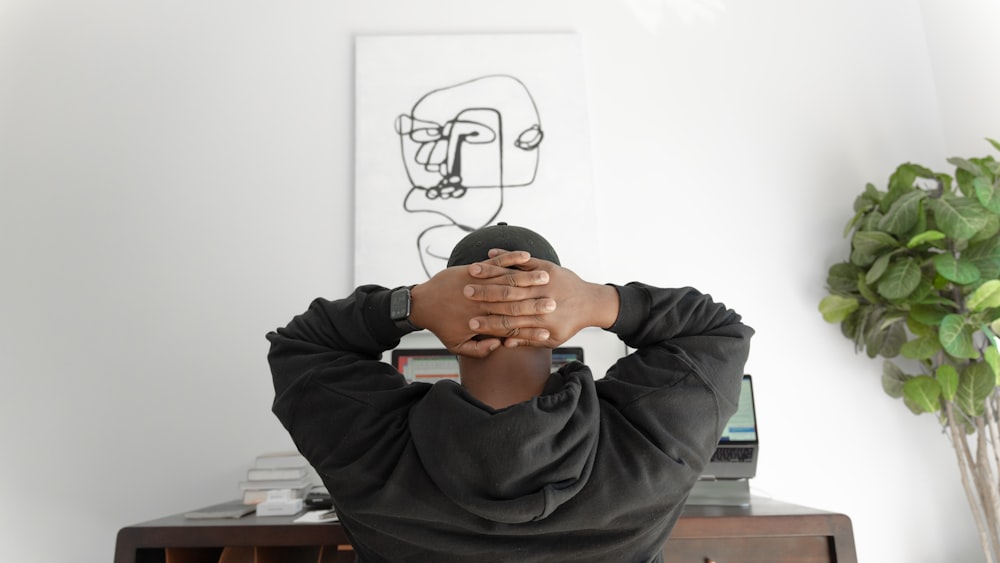When police officers murdered George Floyd and Breonna Taylor in 2020, the appearance of a national reckoning on centuries of white supremacy took place. There were a whole lot of black squares, David Guetta, diversity programs and initiatives drawn up by corporations, Madonna’s son dancing, and tons of reading lists. All those reading lists, but how many of those books were read? How many of those books, when read, were actually absorbed? Probably not much.
Turns out, all of those diversity programs seem to have been empty gestures, too. Daniel Oppong, a corporate diversity expert and founder of DEIB consultancy, The Courage Collective, told Essence that the message is clear: “It signals that companies are more interested in managing public perception than they are interested and invested in and driving real change.” A study by The Next Web found that for Black people in tech, things may have actually gotten worse than they were before Freedom Summer.
According to The Next Web, “80% of firms displayed a pattern of very minimal increases in diversity in their professional labor force, primarily driven by small increases in the employment of Asian men and Asian women, with declines among non-Asian women and no change among other minority men.” Furthermore, their research showed that many firms saw minuscule changes, but some found themselves hiring more people of color and women into executive roles. However, they say “this pattern has been described in previous research as being primarily a defensive response to diversity demands rather than a commitment to promoting employment diversity.”
Of course, a commitment to promoting diversity would demand that Black workers weren’t disproportionately affected by layoffs, and that is not the case. A study by the Harvard Business Review from 2016 revealed that when layoffs occur, workforces reduce their total of employees of color on management teams by as much as 22 percent.
In the wake of the so-called racial reckoning, various companies pledged to disperse a total of $200 billion to racial equity initiatives. A little of the year after those weighty promises were made, only $1.7 billion was accounted for. At that, McKinsey, who wrote a report on the matter, found that 90 percent of that total was pledged by financial institutions and was to be allocated as loans or investments, so in the end, they would profit.
The Essence piece links to a spreadsheet of more than 200 tech companies that released statements and pledges in response to the uprisings in honor of Floyd and Taylor. That so many corporations have fallen so short after beating their chests reminds me of an episode of This American Life that’s stuck with me for years. In it, Kelefa Sanneh interviews Starbucks CEO Howard Schultz after the coffee giant was under fire for racism at one of its stores. As a response, Schultz closed down all of its stores—over 8,000 in total—for a racial bias training program. Sanneh remembers something the company did during the 2008 election. They offered anyone who voted a free cup of coffee. This is something called a “brand spark,” or as Schultz describes it: "subtle, surprising, and rare marketing events usually linked to cultural or humanitarian issues and devoid of a self-serving sales pitch." Basically, just a marketing technique with no equitable outcomes, where the company wins a whole lot more than you do.
